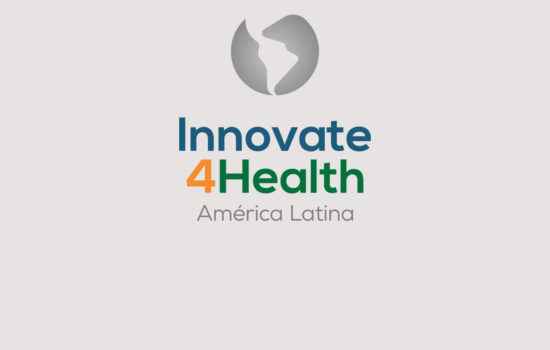
Don’t Let Life Sciences Innovation Become Another Coronavirus Casualty
Traditional rivals within the life sciences industry have pledged to cooperate by sharing data, patent libraries, and, if necessary, manufacturing capacity.
Vice President, Global Innovation Policy, Information Technology and Innovation Foundation (ITIF)
Stephen Ezell is vice president, global innovation policy, at the Information Technology and Innovation Foundation (ITIF). He focuses on science and technology policy, international competitiveness, trade, manufacturing, and services issues.
He is the coauthor of Innovating in a Service-Driven Economy: Insights, Application, and Practice (Palgrave Macmillan, 2015) and Innovation Economics: The Race for Global Advantage (Yale, 2012).
Ezell holds a B.S. from the School of Foreign Service at Georgetown University, with an honors certificate from Georgetown’s Landegger International Business Diplomacy program.

Traditional rivals within the life sciences industry have pledged to cooperate by sharing data, patent libraries, and, if necessary, manufacturing capacity.

Separating the cost of biopharmaceutical research and development from the final market price of medicines would misalign incentives, raise bureaucratic costs, and limit innovation.

The Innovate4Health project tells the exciting story of people who are solving the world’s biggest health challenges with innovation. The innovations we have profiled have focused on local inventors, meeting local challenges.